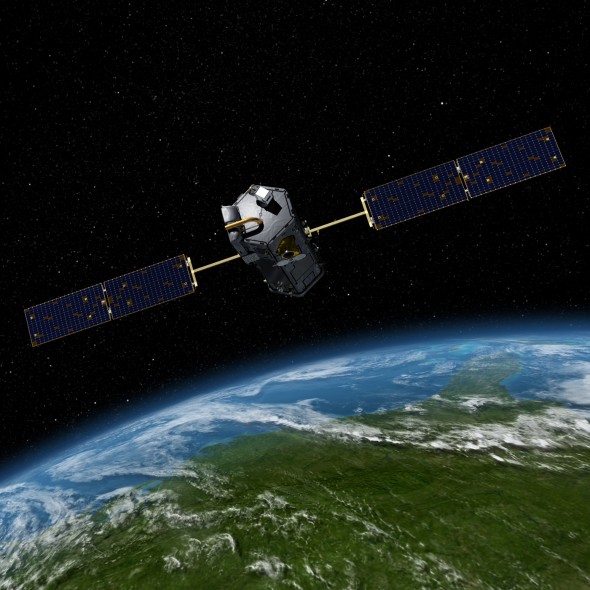Why Apple (Might) Want to Buy a British Supercar Company
Why Apple (Might) Want to Buy a British Supercar Company
It’s not another ride-hailing business, for one thing.
Apple’s interest in the automotive industry is one of the worst kept secrets in tech. Now a new report suggests that it’s been in talks to purchase an exotic British supercar and Formula One company—and while strange, it might not be quite as crazy as the idea first sounds.
The Financial Times says that Apple has approached McLaren Technology Group about a potential acquisition of the company (paywall). The New York Times is reporting a similar rumor, but adds that Apple may also have been in talks with Lit Motors, a startup that makes electric, self-balancing motorcycles.
At first sight, the negotiations may seem a little quirky. But while the rest of the tech world seems to be focusing on how to transform ride sharing with autonomous vehicles, there may be some reason to believe that the McLaren talks aren’t as crazy as they first seem.

McLaren grew out of a Formula One team established by Bruce McLaren in 1963. As well as operating the McLaren Honda Formula One Racing Team, since 1992 it’s also produced exotic supercars—first the F1 and, more recently, the P1 and a series of variants, which can cost up to $1 million.
So why would Apple be interested? First, it’s relatively cheap as automakers go. According to the Financial Times report, the company was valued at between 1 and 1.5 billion pounds ($1.3—2 billion) as part of the negotiations. Apple has over $200 billion in cash reserves. Even if all Apple ultimately got from the deal was its logo on McLaren’s Formula One cars, it could shrug off the cost. It’s certainly much cheaper than acquiring any mass-production automaker.
It’s also small, at least as a car manufacturer. The company only built 1,654 vehicles in 2015—hardly surprising given their cost. But that limited output could be seen as a blank canvas. When VolksWagen purchased the luxury automaker Bentley Motors in 1998, it delivered just 414 vehicles in a year; by 2013, that figure had jumped to 10,120. Niche brands can be shaped and expanded if the owner so desires, and Apple could mold McLaren with relative ease.
McLaren is also a company that’s no stranger to innovation. Its street-legal cars show how cutting-edge technology from Formula One can be transferred into a commercially available (if incredibly expensive) car. It makes use of exotic materials and complex computer systems in its cars, and its McLaren F1 was the first roadcar to make use of a carbon fiber monocoque chassis. If Apple’s goal were to create a cutting-edge vehicle, the team from McLaren would be able to supply the expertise. Certainly, Apple could do with a revolutionary product of some kind.
But talk of the acquisition does appear to be at odds with other recent speculation about Apple’s interest in the car industry. Earlier this year, the company invested $1 billion in Chinese ride-hailing app Didi Chuxing. While that deal may have been part of a larger strategic shift to get more involved in the Chinese market, it also signalled an interest in the (currently very popular) ride-hailing industry.
And despite hiring automotive engineering talent from Tesla, among others, most commentators have suggested that Apple would likely be better placed building user interfaces and software for cars, rather than the vehicles themselves. Indeed, recent hires and layoffs were thought to indicate that it may instead be focusing on building autonomous car software.
Some have also speculated that Apple ought invest in Tesla. Such a move would buoy Elon Musk’s outfit, which is currently struggling for cash, while opening a world of ideas to Tim Cook’s company—something that Apple currently lacks and Musk has in abundance. But neither party has spoken about a potential deal.
The negotiations with McLaren, meanwhile, may yet amount to nothing. But if they do, Apple’s eye for an exotic car company may result in something rather different than what every other technology company seems to be scrambling to build these days.
(Read more: Financial Times, New York Times, “How Might Apple Manufacture a Car?,” “Rebooting the Automobile,” “Apple’s Billion-Dollar Bet on Didi Chuxing Is About More Than Just Ride-Sharing”)

Leave a Reply